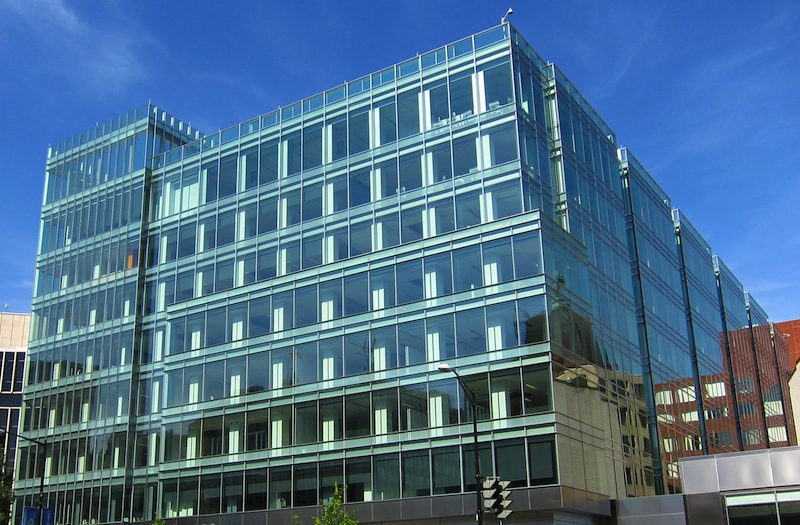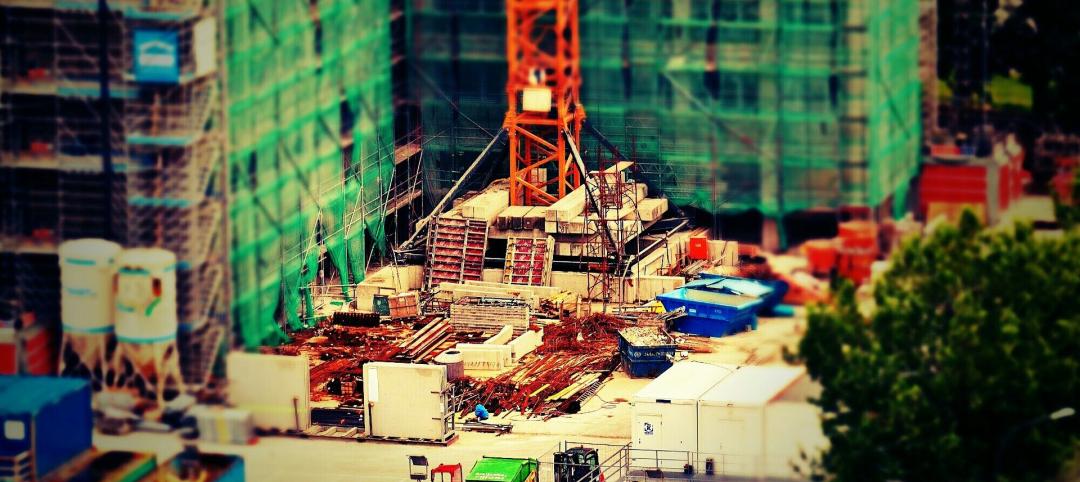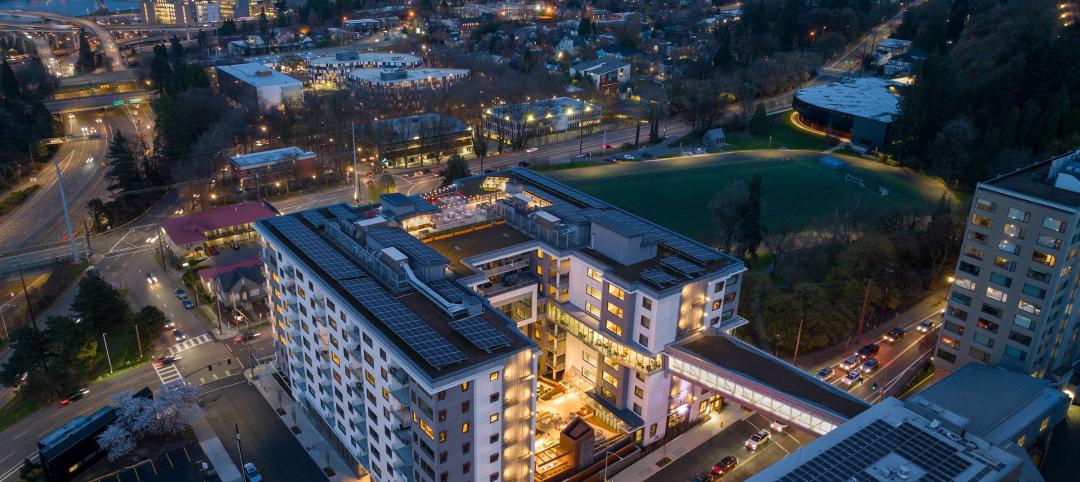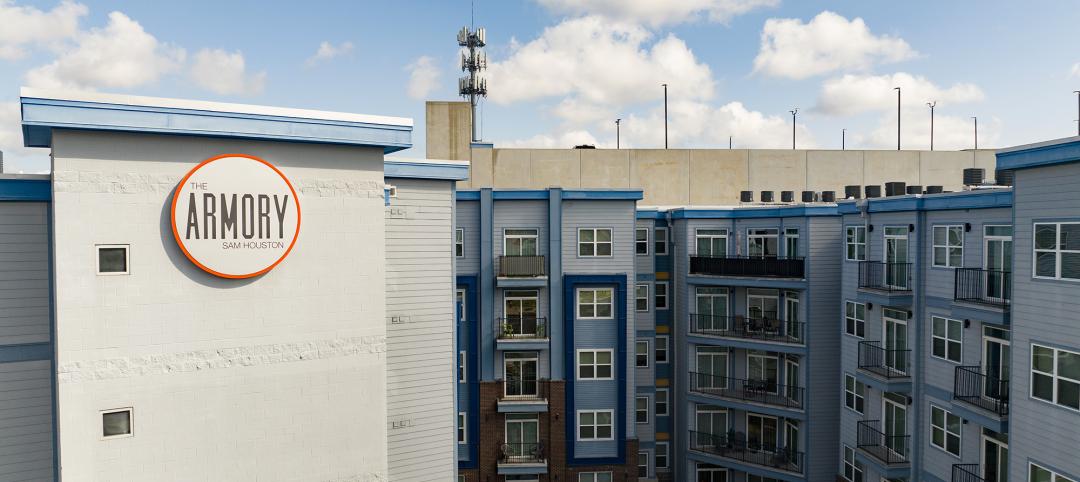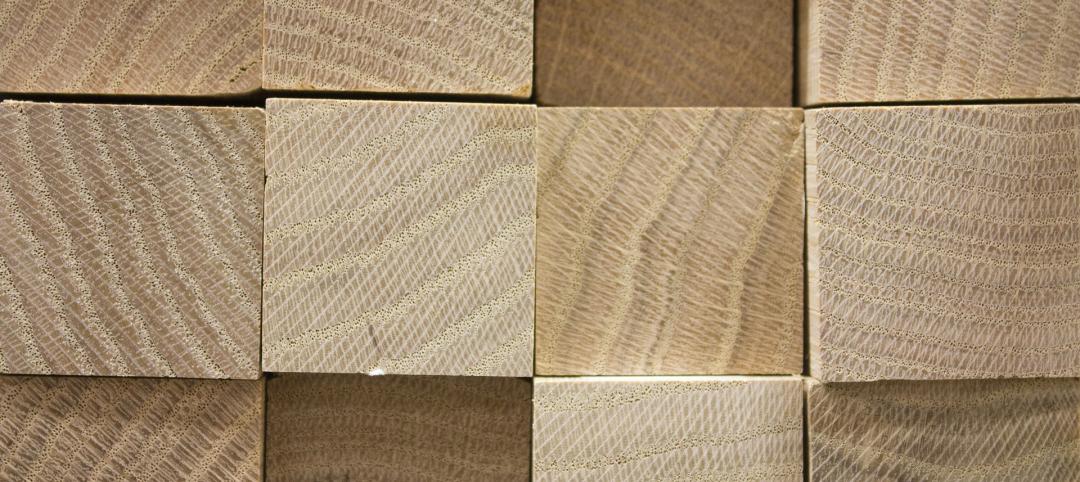Worries about legal liability have long dogged the sustainable building movement, but insurance expert Karen Erger (Locton Companies) and attorney Eric Singer (Ice Miller LLP) say sustainability lawsuits are caused by the same types of issues that have always prompted clients to sue AEC firms. "The 'new' risks of green design are the same as in any kind of design," says Erger. The two presentated at BUILDINGChicago earlier this week (download the presentation).
Suits tend to center around four areas:
- Client expectations unmet (desired level of certification not achieved, project failed to qualify for incentives, energy savings not realized, sustainable elements increased cost or caused delay).
- Elevated standard of care.
- Uninsurable guarantees or warranties.
- Problems caused by new products or systems (didn't work as advertised, weren't installed properly, weren't operated or maintained properly).
The best tools for managing such risks are well-established, according to Erger and Singer:
- Define and document the client's goals. (Don't guarantee that goals will be achieved; set and reinforce reasonable expectations throughout the project; don't assume risk of factors you can't control.)
- Set a reasonable standard of care. Don't allow elevated language about your performance to creep into the contract (such as incorporation of marketing language from your initial proposal).
- Don't warrant or guarantee outcomes (specific level of a standard, specific energy savings, etc.).
- Do due diligence when specifying products. (Get the owner's informed consent for using new products, and document your research -- even if most if it is digital. Print it or take screen shots, and put it in a project file that you can find later.)
Singer says the AIA's Guide for Sustainable Projects (D503-2011) is "a really good guide for contract language modification and risk protection." The 2012 AIA Sustainable Projects (SP) forms incorporate model language into existing AIA contract documents (A101, A201, A401, B101, C401). Singer and Erger placed particular emphasis on not guaranteeing achievement of specific sustainability goals, on avoiding unduly elevating the standard of care beyond the ordinary level of professional practice, and on avoiding taking responsibility for functions that are being performed by other parties, including the contractor, subs, and the owner.
The AIA's form B101-2007 SP offers language protecting the architect when untested materials and equipment will be used, and the association also offers "Client Waiver and Informed Consent to use an Experimental Green Product." Since a manufacturer may no longer be in business months or years later, if a problem arises, management of legal liability for the use of experimental green products is important.
Related Stories
MFPRO+ News | Apr 29, 2024
World’s largest 3D printer could create entire neighborhoods
The University of Maine recently unveiled the world’s largest 3D printer said to be able to create entire neighborhoods. The machine is four times larger than a preceding model that was first tested in 2019. The older model was used to create a 600 sf single-family home made of recyclable wood fiber and bio-resin materials.
AEC Innovators | Apr 26, 2024
National Institute of Building Sciences announces Building Innovation 2024 schedule
The National Institute of Building Sciences is hosting its annual Building Innovation conference, May 22-24 at the Capital Hilton in Washington, D.C. BI2024 brings together everyone who impacts the built environment: government agencies, contractors, the private sector, architects, scientists, and more.
Contractors | Apr 26, 2024
AGC releases decarbonization playbook to help assess, track, reduce GHG emissions
The Associated General Contractors of America released a new, first-of-its-kind, decarbonization playbook designed to help firms assess, track, and reduce greenhouse gas emissions on projects. The AGC Playbook on Decarbonization and Carbon Reporting in the Construction Industry is part of the association’s efforts to make sure construction firms play a leading role in crafting carbon-reduction measures for the industry.
Mass Timber | Apr 25, 2024
Bjarke Ingels Group designs a mass timber cube structure for the University of Kansas
Bjarke Ingels Group (BIG) and executive architect BNIM have unveiled their design for a new mass timber cube structure called the Makers’ KUbe for the University of Kansas School of Architecture & Design. A six-story, 50,000-sf building for learning and collaboration, the light-filled KUbe will house studio and teaching space, 3D-printing and robotic labs, and a ground-level cafe, all organized around a central core.
Senior Living Design | Apr 24, 2024
Nation's largest Passive House senior living facility completed in Portland, Ore.
Construction of Parkview, a high-rise expansion of a Continuing Care Retirement Community (CCRC) in Portland, Ore., completed recently. The senior living facility is touted as the largest Passive House structure on the West Coast, and the largest Passive House senior living building in the country.
Hotel Facilities | Apr 24, 2024
The U.S. hotel construction market sees record highs in the first quarter of 2024
As seen in the Q1 2024 U.S. Hotel Construction Pipeline Trend Report from Lodging Econometrics (LE), at the end of the first quarter, there are 6,065 projects with 702,990 rooms in the pipeline. This new all-time high represents a 9% year-over-year (YOY) increase in projects and a 7% YOY increase in rooms compared to last year.
Student Housing | Apr 23, 2024
Student Quarters selected to manage 502-bed student housing community
Student Quarters, a leading student housing owner and management company, announces the newest addition to its portfolio: The Armory Sam Houston Apartments.
75 Top Building Products | Apr 22, 2024
Enter today! BD+C's 75 Top Building Products for 2024
BD+C editors are now accepting submissions for the annual 75 Top Building Products awards. The winners will be featured in the November/December 2024 issue of Building Design+Construction.
Resiliency | Apr 22, 2024
Controversy erupts in Florida over how homes are being rebuilt after Hurricane Ian
The Federal Emergency Management Agency recently sent a letter to officials in Lee County, Florida alleging that hundreds of homes were rebuilt in violation of the agency’s rules following Hurricane Ian. The letter provoked a sharp backlash as homeowners struggle to rebuild following the devastating 2022 storm that destroyed a large swath of the county.
Mass Timber | Apr 22, 2024
British Columbia changing building code to allow mass timber structures of up to 18 stories
The Canadian Province of British Columbia is updating its building code to expand the use of mass timber in building construction. The code will allow for encapsulated mass-timber construction (EMTC) buildings as tall as 18 stories for residential and office buildings, an increase from the previous 12-story limit.


